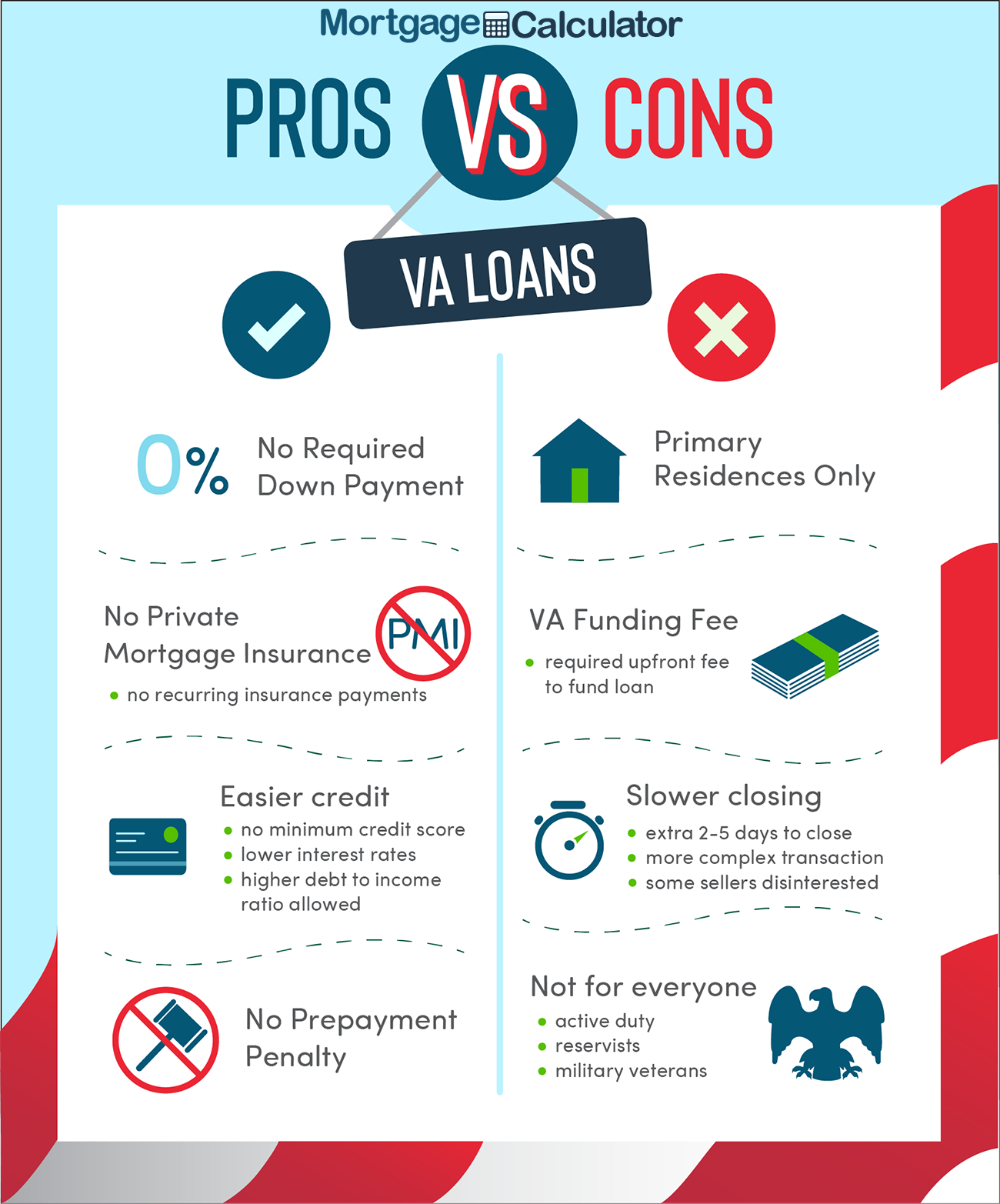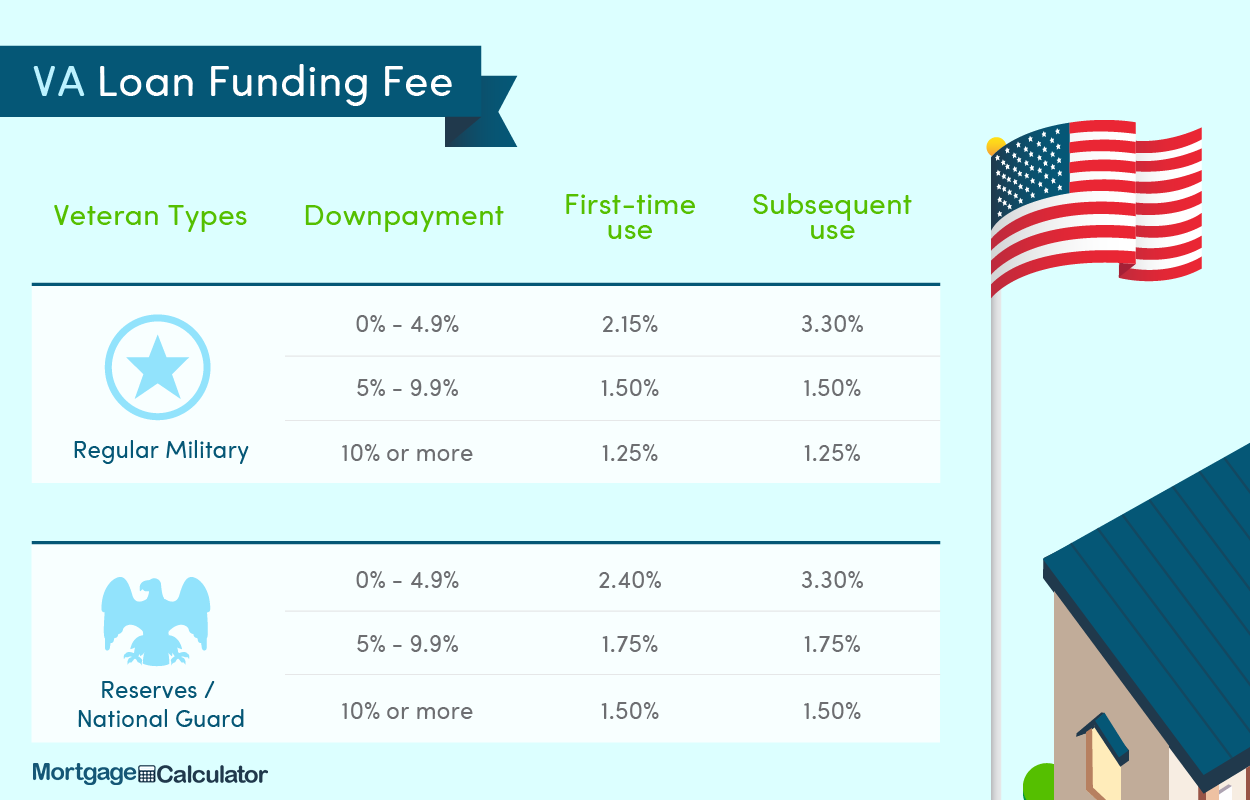If you remain in the position to acquire a home or re-finance your home loan, now could be a fantastic time to take benefit of lower rates and possibly score even lower rates by using home mortgage points. Remember that you'll wish to build in a little additional time to navigate the financing system as loan providers are dealing with an influx of cases due to the traditionally low-interest rates. how mortgages work for dummies.
The answer to whether home mortgage points deserve it can only be answered on a case-by-case basis. If you're planning on remaining in your home longer than the break-even point, you will see cost savings. If those cost savings surpass what you might get in outside financial investment, then home loan points will unquestionably deserve it.
This table does not consist of all companies or all available items. Interest does not back or suggest any business. Editorial Policy Disclosure Interest. com follows strict editorial policies that keep our writers and editors independent and honest. We depend on evidence-based editorial standards, routinely fact-check our content for precision, and keep our editorial staff totally siloed from our marketers. Origination points, on the other hand, are closing costs paid to a lender in order to secure a loan. While these fees are in some cases flexible, borrowers normally have no option about whether to pay them in order to protect a loan. Let's state a potential homeowner looks for https://www.bbb.org/us/tn/franklin/profile/timeshare-advocates/wesley-financial-group-llc-0573-37070239 a $400,000, 30-year home loan so they can purchase a $500,000 house.
After underwriting, they get a loan offer from a lender that consists of multiple ratesone with their rate if they purchase no points, plus alternative rates if they acquire one to four discount rate points. Below are sample rates for this debtor, upfront costs to acquire those points and respective month-to-month payments for each rate: In this case, each point would save the customer about $60 monthly.
5 years) to recoup the expense of each discount point they acquire. When you make an application for a loan, both discount rate points and origination points are in theory flexible - how do fixed rate mortgages work. However, in practice, that's not always the case. The only method to understand for sure is to consult with your loan officer as soon as you have actually been approved for a loan.
Then, when you get loan offers, you can let each loan provider work to earn your business by negotiating lower rates or closing expenses. You do not require to worry about this hurting your credit report, as credit bureaus treat credit checks from numerous mortgage loan providers within about a 30-day duration as one credit check.
When you buy discount points (or "buy down your rate") on a brand-new home mortgage, the cost of these points represent pre-paid interest, so they can typically be subtracted from your taxes simply like typical home loan interest. However, you can normally only subtract points paid on the very first $750,000 obtained. Simply put, if you secure a $1 million mortgage and buy one point for $100,000, you can only deduct $75,000 (1% times $750,000).

Obtaining A Home Loan And How Mortgages Work Can Be Fun For Everyone
According to the Internal Revenue Service, the expenses for mortgage points can be made a list of on Set up A of your Kind 1040. The IRS says that "if you can subtract all of the interest on your mortgage, you may have the ability to deduct all of the points paid on the mortgage." Mortgage pointsboth discount points and origination pointsincrease a borrower's upfront expense of getting a mortgage.

When it comes to discount rate points, these expenses are likewise optional. If you prepare to remain in your home for at least 10 to 15 years and want to minimize the regular monthly cost of your mortgage, they might be rewarding, however they aren't needed.
These terms can often be utilized to imply other things. "Points" is a term that home loan morgan and morgan intake specialist lending institutions have used for lots of years. Some lending institutions may utilize the word "points" to describe any in advance charge that is computed as a percentage of your loan amount, whether or not you get a lower rates of interest.
The details listed below describes points and lender credits that are connected to your rate of interest. If you're thinking about paying points or getting lending institution credits, always ask lenders to clarify what the effect on your rates of interest will be. Points let you make a tradeoff in between your upfront costs and your month-to-month payment.
Points can be an excellent option for somebody who understands they will keep the loan for a very long time. Points are computed in relation to the loan quantity. Each point equals one percent of the loan quantity. For example, one point on a $100,000 loan would be one percent of the loan amount, or $1,000.
Points don't have to be round numbers you can pay 1. 375 points ($ 1,375), 0. 5 points ($ 500) or perhaps 0. 125 points ($ 125). The points are paid at closing and increase your closing expenses. Paying points decreases your rates of interest relative to the rate of interest you could get with a zero-point loan at the same lending institution.
For example, the loans are both fixed-rate or both adjustable-rate, and they both have the same loan term, loan type, very same down payment amount, etc. The exact same type of loan with the very same lending institution with two points need to have an even lower rates of interest than a loan with one point.
A Biased View of How Does Payment With Mortgages Work
By law, points noted on your Loan Quote and on your Closing Disclosure need to be linked to a reduced rate of interest. The specific amount that your rate of interest is reduced depends on the particular loan provider, the kind of loan, and the overall home loan market. In some cases you might receive a relatively big decrease in your interest rate for each point paid.
It depends upon the particular lending institution, the kind of loan, and market conditions. It's likewise crucial to comprehend that a loan with one point at one lending institution may or may not have a lower rates of interest than the very same type of loan with absolutely no points at a various lender. Each lender has their own prices structure, and some lending institutions might be more or less pricey total than other lenders regardless of whether you're paying points or not.
Explore existing rate of interest or find out more about how to look for a home loan. Lender credits work the very same method as points, but in reverse. You pay a greater rate of interest and the loan provider provides you money to offset your closing costs. When you get loan provider credits, you pay less in advance, however you pay more gradually with the greater rates of interest.
For instance, a lending institution credit of $1,000 on a $100,000 loan might be referred to as negative one point (due to the fact that $1,000 is one percent of $100,000). That $1,000 will look like a negative number as part of the Loan provider Credits line product on page 2, Section J of your Loan Price quote or Closing Disclosure (how do second mortgages work).